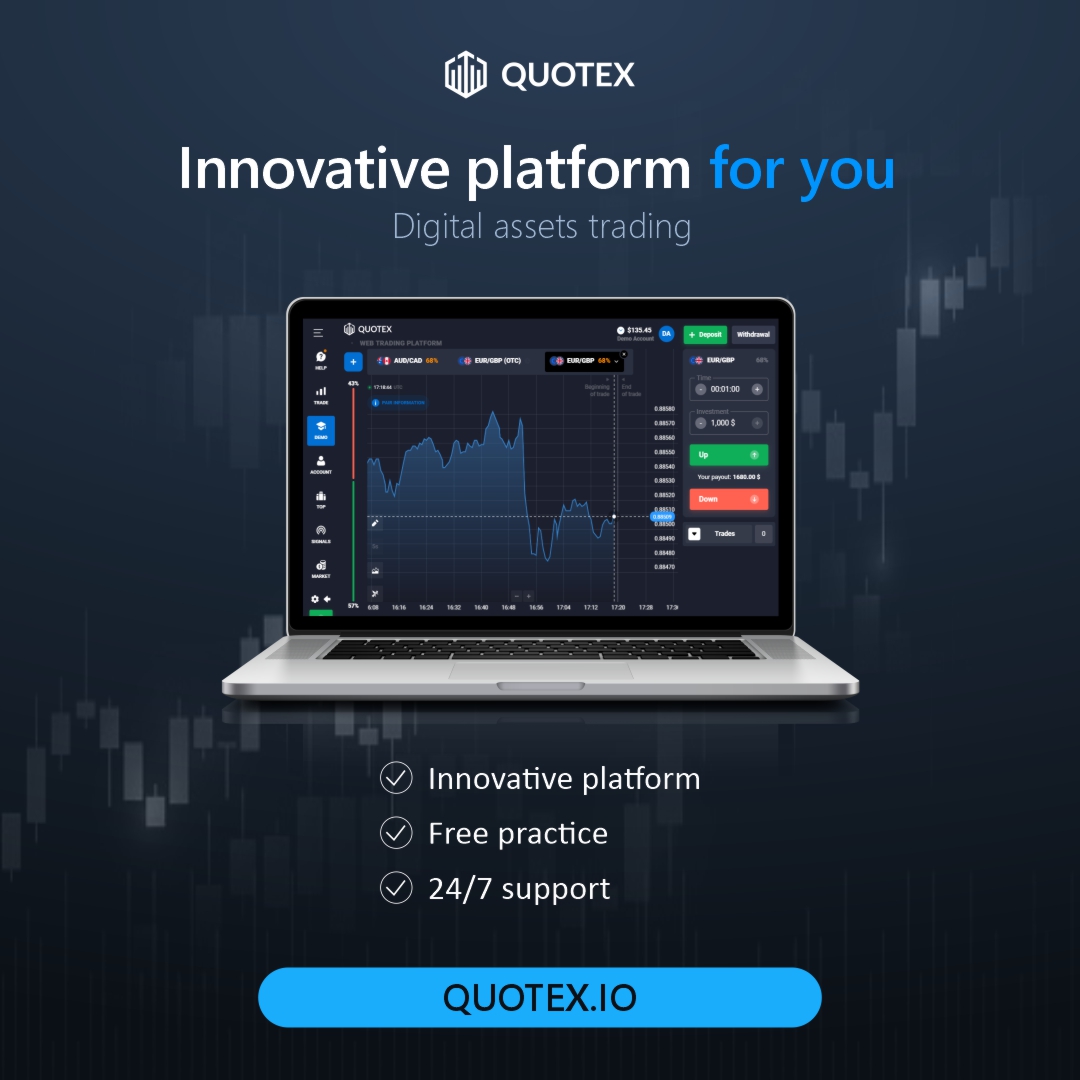Coming back from some crypto events, from Zug to Dubai, via Lugano Plan B ForumI brought home a thought, which is more of a question. Can you have an engaged and empowered blockchain community (ensuring the transparency and liquidity of your currency, such as Bitcoin), while meeting the strict rules and requirements of institutional companies, such as banks or pharmaceutical companies, that want to enjoy efficiency? of distributed ledgers? But should it be aligned with industry standards and national laws? Is Bitcoin the future of blockchain? No.
Can a bank have all the data stored in its own country and use the potential of a chain, without disturbing the community, which may reside in countries that its government considers non-compliant or that it has difficulty trading with, such as China ? Can an industrial group keep information completely private and differentiate itself from its competitors by using blockchain to certify world-class operations and attract new generations with cryptographic advantages and benefits?
After 10 years of Ethereum, which is the definitive incarnation of first-generation blockchains, this dilemma remains unresolved. Will companies or the government use Bitcoin or Ethereum, knowing that most transactions are approved outside their jurisdiction? Blockchains failed businesses and most individual investors.
Because? Ledgers do not guarantee scalability, as transaction costs and finality lag behind off-chain networks like VisaNet. All large chains (like Ethereum or Solana) do not accurately measure or truly reward quality among node owners or coin holders. They do not contemplate the modularity that heavily regulated businesses require, much less be HIPAA or FDA certified, just to name two. The chains are still infested with bad actors, and we all know and accept it, alienating B2B use cases and long-term institutional investors.
On the other side of the dilemma, if I am a miner or a fan operating a node, all I want is a chance to prove myself and fair compensation for being a member, breaking the oligopoly of the big whales, who reap more. of the benefits granted by mechanical algorithms. If I own a token, all I need is liquidity and some price predictability, which can be improved if companies join the party since their game is always long-term. A high-quality blockchain that rewards reputation and progressively drives out malicious actors will benefit both token holders and businesses.
Is there any way out? New chains are emerging, the operation of which is intended to provide companies with the modularity and security necessary to operate in heavily regulated markets, while also providing the community with features such as proof of reputation and higher compensation compared to standard chains. , so that it acts as a decent community. member can become a real source of income, while breaking the banner of all other extremely concentrated chain communities, including Bitcoin.
Without making this article too technical, the dilemma of serving the community and businesses equally well comes down to a choice. My options must be different, whether I am the CEO of Pharma Inc. or Bank Inc. (fantasy names) or I am a young blockchain expert, based in Nigeria and I just want to make a living with Web3. It’s basic marketing. You meet the needs of two different audiences and you have to do it beautifully.
Companies require protection, localization and auditing protocols, while reaching new audiences that only public broadcasters can unlock. Node operators and token holders want fair treatment and greater incentives over a mere scalping scheme, or they will always remain day traders.
Technology can solve this. The story of New Gen chains (and there are many of them) is one of innovation sought and designed for innovation, which will become the new industry standard. We need options. We must have decentralization, privacy and the ability to segment a chain. The world needs huge amounts of efficiencies and there is room for more than one dominant player.
A new chapter opens in the history of blockchain. It is made of innovation on the business side, thanks to national compliance, speed and efficiency, and innovation on the community side, with greater incentives, proof of reputation and a long-term plan for its token, which will make the community be tangibly richer. and committed.
10 years of blockchain have passed and we, the blockchain people, have disappointed businesses and consumers, except for a minority of individuals (let’s call it) who got rich, still make the decisions on the top 50 chains and own the debate media. . We need something better for the next 10 years. We need to serve the community and businesses alike, making chains and cryptocurrencies fair and business-friendly.
Frank Pagano




